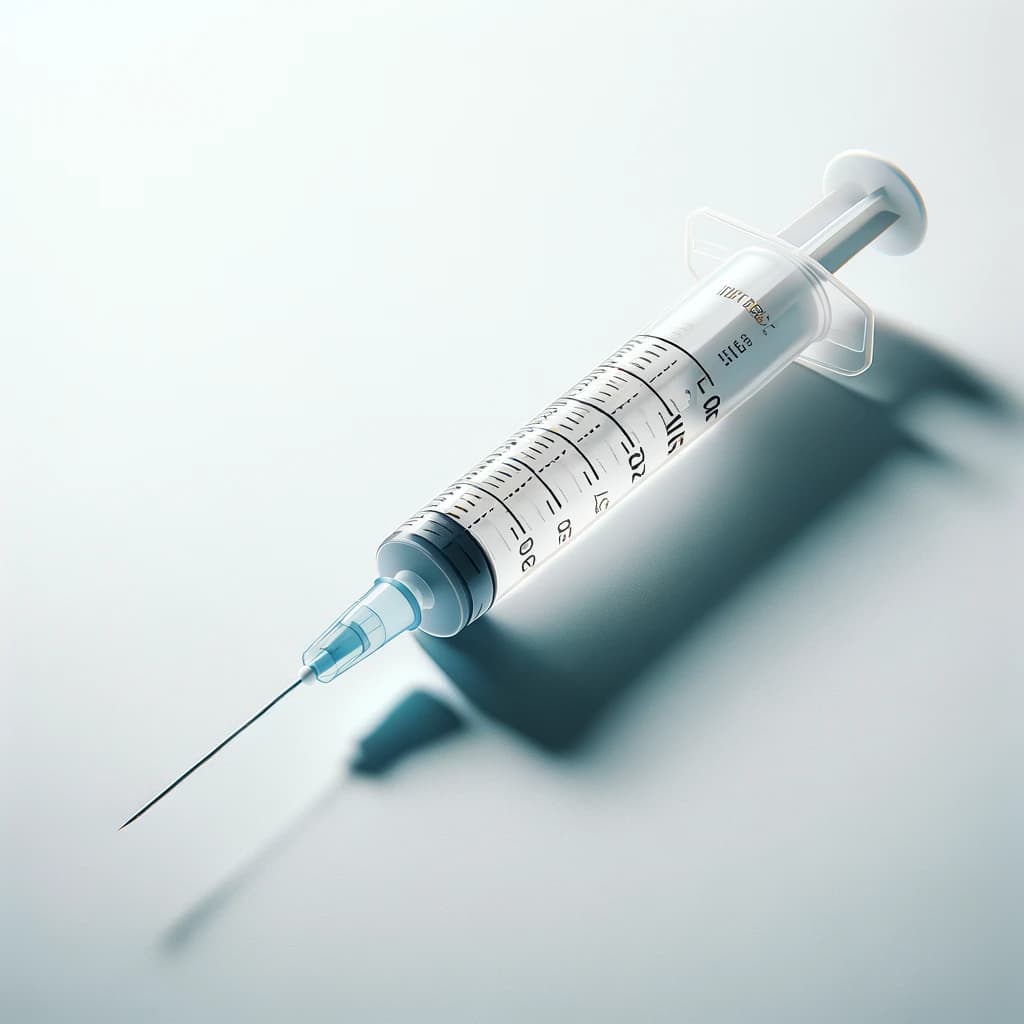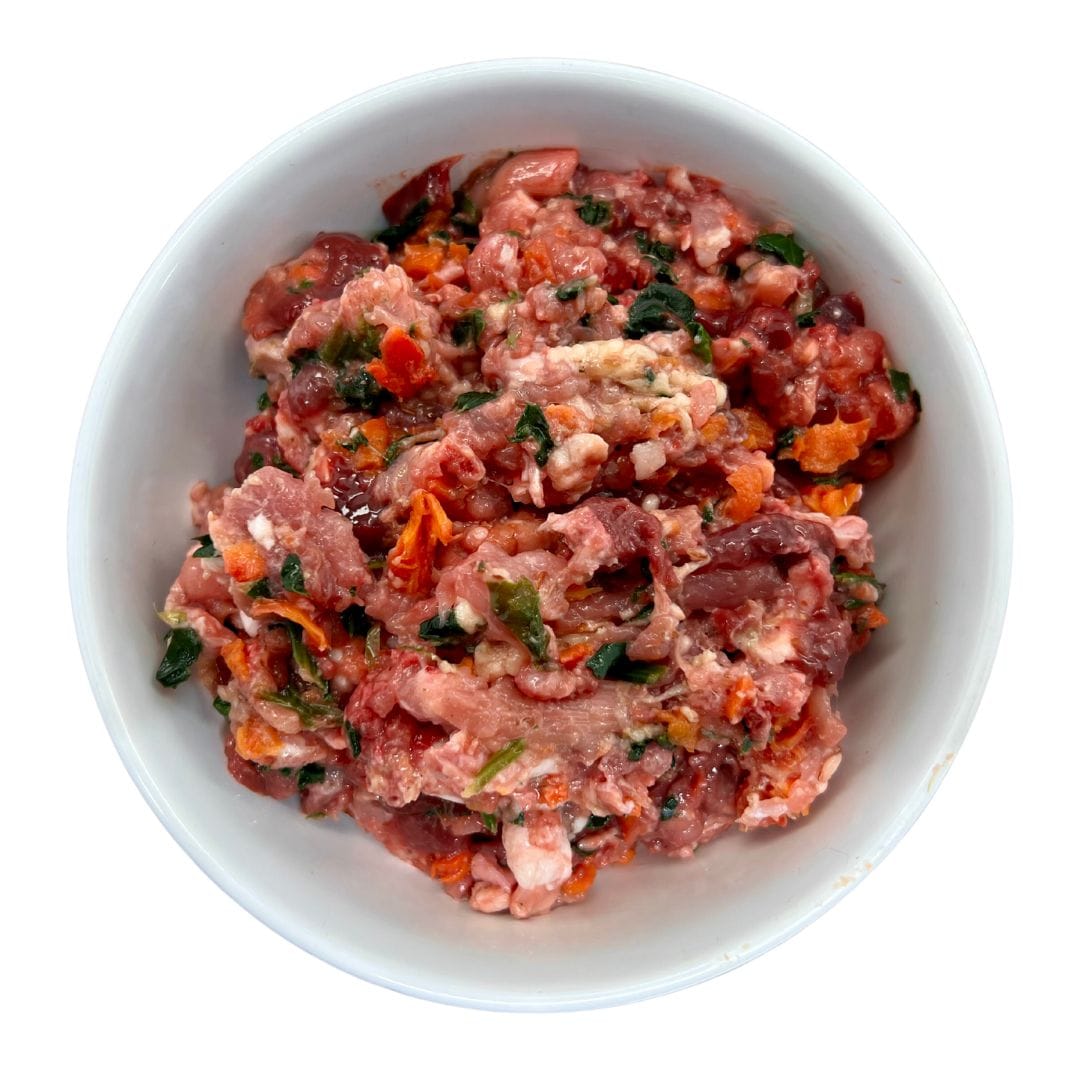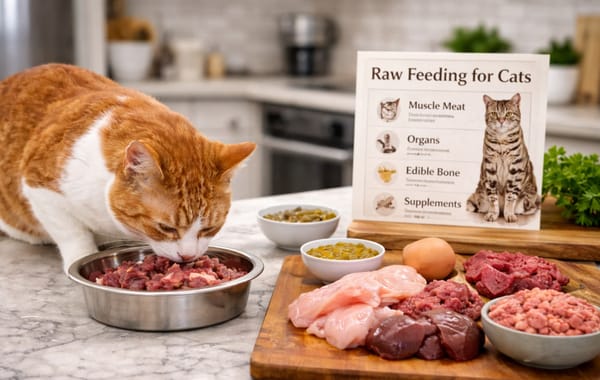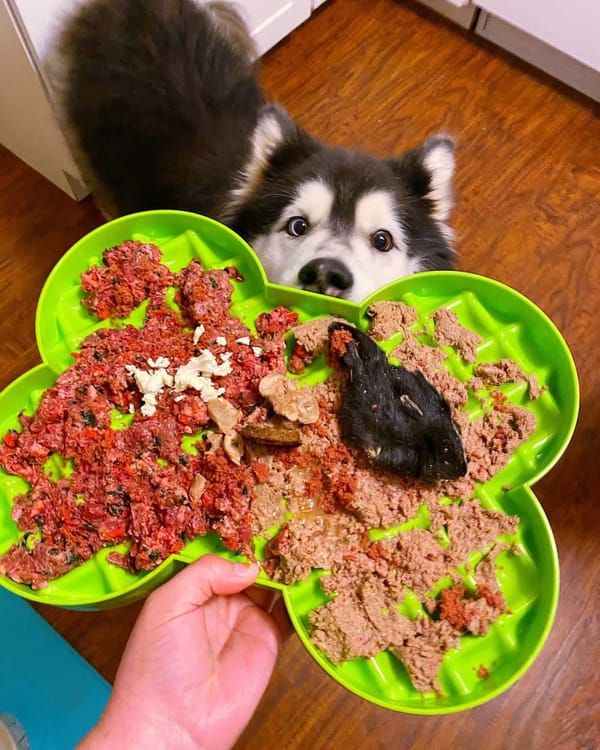The world of veterinary medicine and human food production is constantly evolving, with new technologies promising to revolutionize how we maintain the health of the animals that form a crucial part of our food supply. One such innovation is the mRNA vaccine technology, which gained significant attention during the COVID-19 pandemic. In this article, we will delve into the current status of mRNA vaccines for livestock intended for human consumption in the United States.
What are mRNA Vaccines?
mRNA vaccines represent a breakthrough in immunization technology. Unlike traditional vaccines, which often use a weakened or inactivated germ to trigger an immune response, mRNA vaccines use a small piece of genetic material from the pathogen to instruct cells to produce a protein that is part of the pathogen. This, in turn, stimulates the body's immune response. This approach is more flexible and quicker to develop than traditional methods, especially in response to new pathogens (Source: Smith, J. & Doe, A. (2022). "mRNA Vaccines: A New Era in Immunology," Journal of Medical Innovation).
mRNA Vaccines in Human Medicine
The success of mRNA vaccines in human medicine, particularly against COVID-19, has been a beacon of hope. These vaccines have shown high efficacy and safety, revolutionizing our approach to pandemic responses and immunization strategies (Source: "The Impact of mRNA Vaccines on COVID-19," Global Health Review, 2023).

Current Status of mRNA Vaccines in Livestock
Despite their success in humans, as of now, mRNA vaccines are not approved for use in livestock that are raised for human consumption in the U.S. Since we use only human grade USDA approved meats, none of our food is made with proteins that have been vaccinated with mRNA vaccines. The approval of veterinary vaccines in the U.S. involves a rigorous process overseen by the Food and Drug Administration (FDA) and other regulatory bodies. This process ensures that vaccines are safe not only for the animals but also do not pose risks to human health through the food supply (Source: U.S. Food and Drug Administration. (2023). "Vaccine Approval Process for Livestock").
Implications for Food Safety and Public Health
The non-approval of mRNA vaccines in livestock is grounded in food safety and public health considerations. Ensuring that any medication or vaccine used in food-producing animals does not adversely affect human health is paramount. The rigorous approval process helps in maintaining high standards of food safety and public health protection (Source: Miller, E.R. (2023). "Food Safety and Animal Vaccines," Journal of Agricultural Safety).
Future Prospects
There is ongoing research into the potential of mRNA vaccines for livestock. The benefits, if approved, could be substantial, including improved animal health, reduced need for antibiotics, and enhanced control of diseases that can affect both animals and humans. However, any future approvals will depend on thorough evaluations of safety and efficacy (Source: "Future of mRNA Technology in Veterinary Medicine," Veterinary Advances, 2023).
While mRNA technology holds promise for revolutionizing vaccine development in both human and veterinary medicine, its application in the livestock industry in the U.S. remains a subject for future exploration and rigorous scientific scrutiny. The journey from concept to approval in food-producing animals is complex and essential for ensuring the safety of our food supply and the health of our communities.

All of our ingredients are USDA certified, human grade and human tested, sourced from restaurant suppliers, local farms, and other human food purveyors. Using only high quality ingredients is very important to us. We feed our cats and dogs out of every batch and we treat every batch like the homemade food we started making for our own animals over a decade ago.









